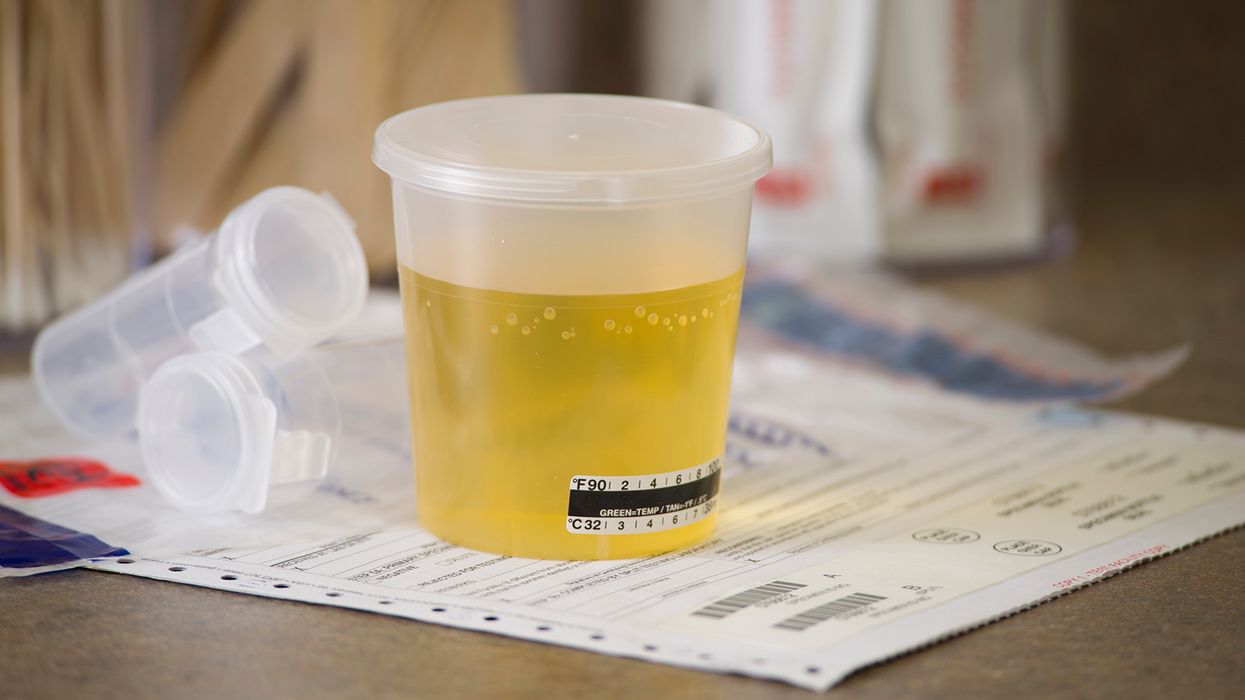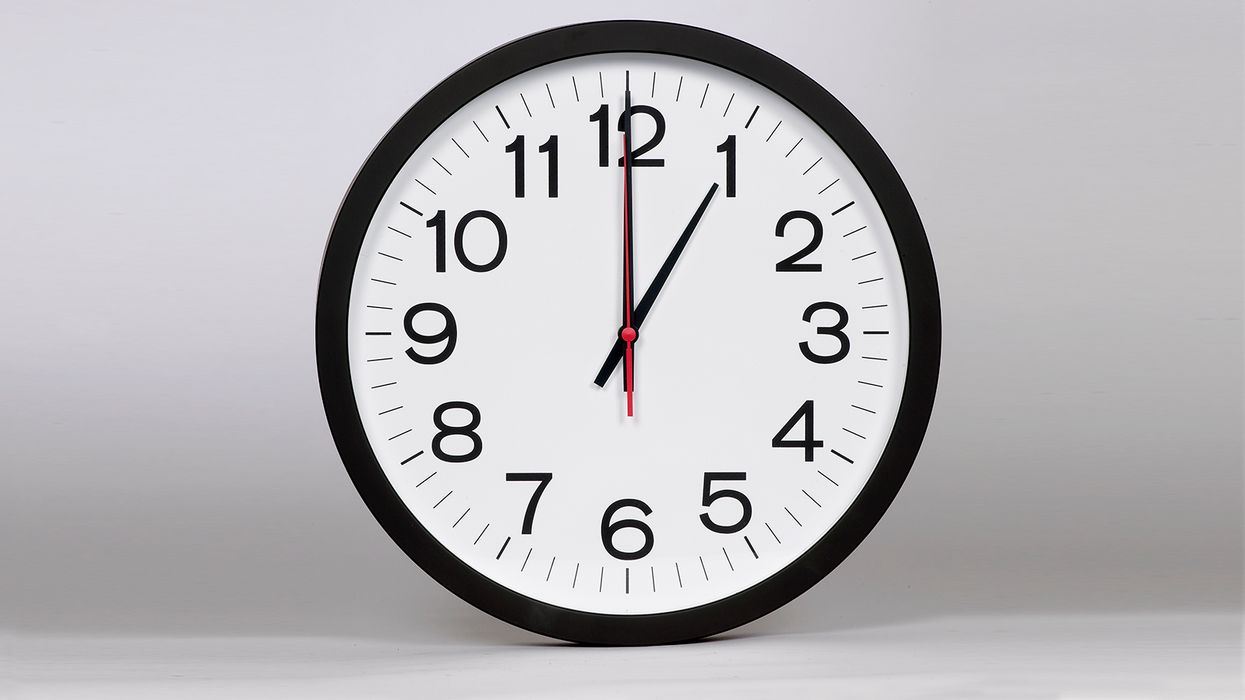Landmark AI hiring discrimination case settled — faulty tool rejected older applicants
A tutoring company got schooled by the U.S. Equal Employment Opportunity Commission (EEOC) with a first-ever hiring discrimination case that involved artificial intelligence (AI) in the workplace.
Filed in a New York federal court on August 9, case documents indicated a $365,000 settlement must be paid to resolve charges that the company’s AI hiring tool eliminated job applicants in a protected class due to their age (over 40), including:
- Women applicants over age 55, and
- Men applicants over age 60.
The EEOC filed suit on behalf of more than 200 applicants for both age and gender discrimination.
Although agreeing to settle the claim, the company maintained its innocence. They promise to ensure compliance by creating and implementing anti-discrimination policies and employee training, in addition to reconsidering applicants that were skipped over because of the AI snafu.
Why is this case significant?
From Hollywood to HR departments, AI talk is everywhere. This case should get employers’ attention for a few reasons:
- It’s the first AI lawsuit settlement of its kind.
- The EEOC recently announced they’re going to be watching for violations like this.
- It won’t be the last case employers see; it’s only the beginning as more companies turn to AI to streamline processes.
About 79-85 percent of employers report using AI in some form when recruiting and hiring. And that number will likely increase over time.
What must employers know about age discrimination?
The Age Discrimination in Employment Act of 1967 (ADEA) makes it unlawful for an employer to discriminate against an individual in any aspect of employment because that individual is 40 years old or older. Favoring an older individual over a younger individual because of age, however, is not unlawful discrimination, even if the younger individual is at least 40 years old.
The ADEA applies to employers with 20 or more employees, including state and local governments. It also applies to employment agencies, labor organizations, and the federal government.
EEOC cracking down
At the end of May, the EEOC released a technical assistance document that addresses employers using automated decision-making tools, like AI, when making employment decisions, including during the hiring process.
“As employers increasingly turn to AI and other automated systems, they must ensure that the use of these technologies aligns with the civil rights laws and our national values of fairness, justice, and equality,” said EEOC Chair Charlotte A. Burrows. “I encourage employers to conduct an ongoing self-analysis to determine whether they are using technology in a way that could result in discrimination.”
Key to remember: Many companies use AI to streamline employment decisions, like hiring. The EEOC reminds employers to be sure to avoid running afoul with discrimination laws.




















































